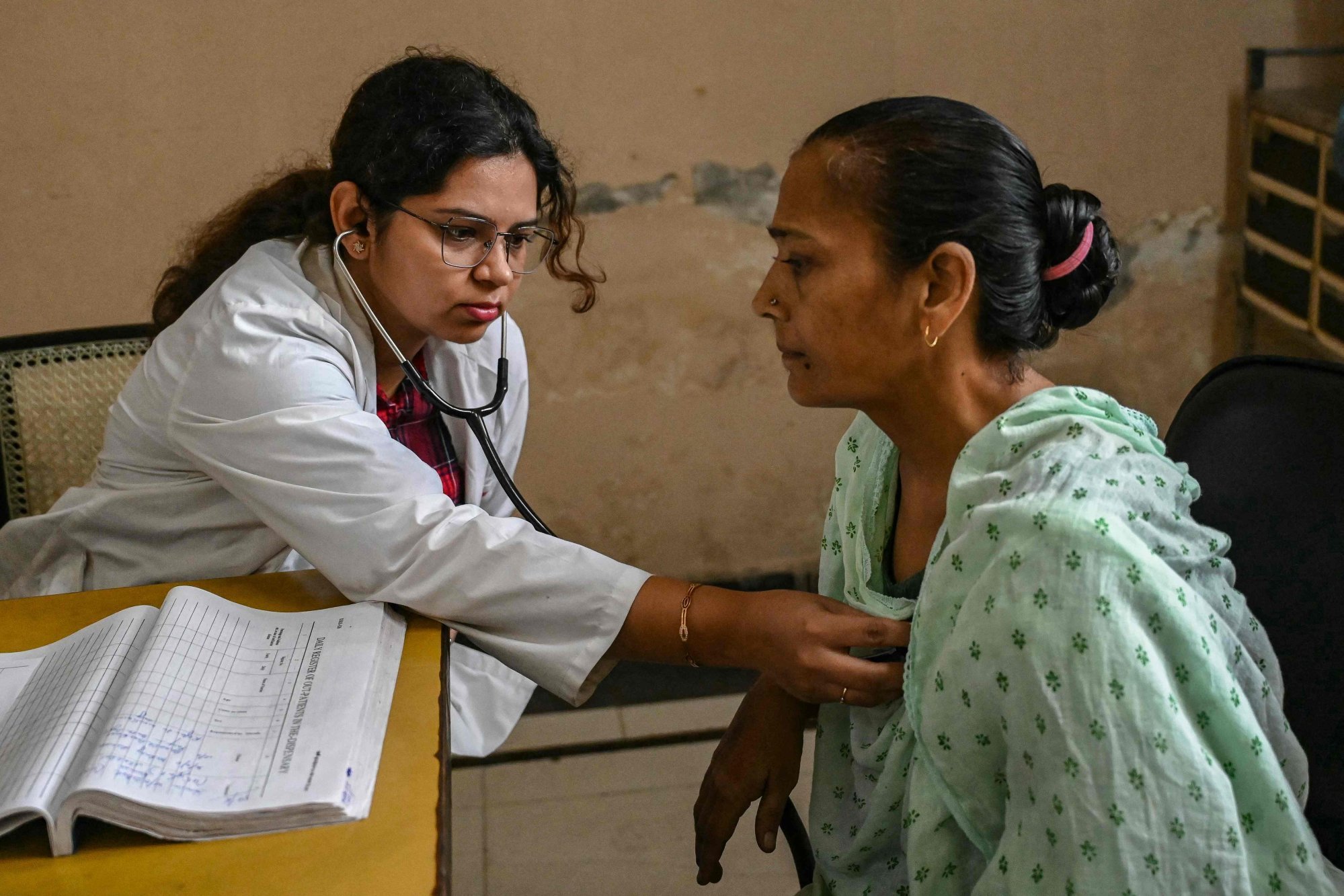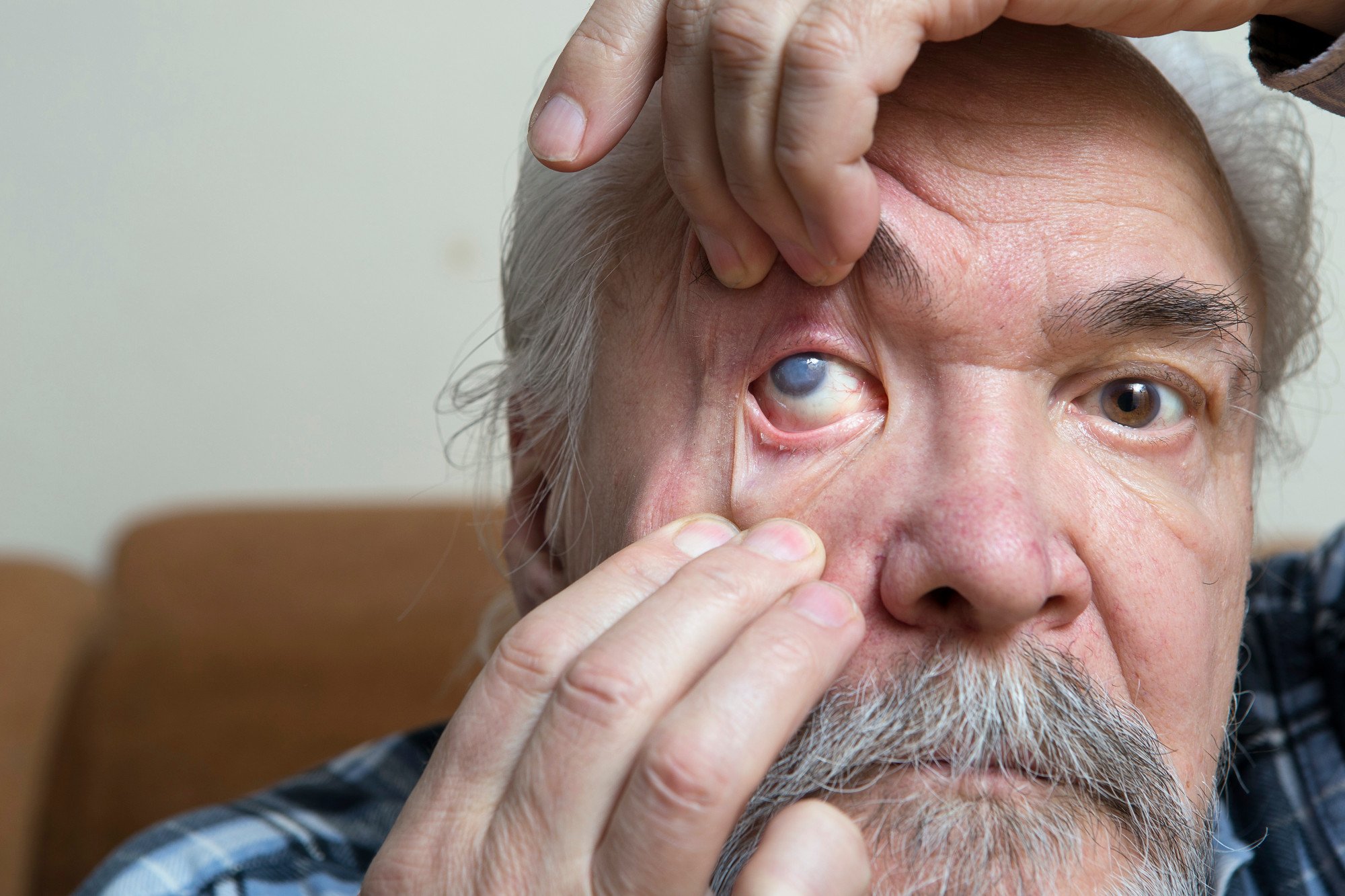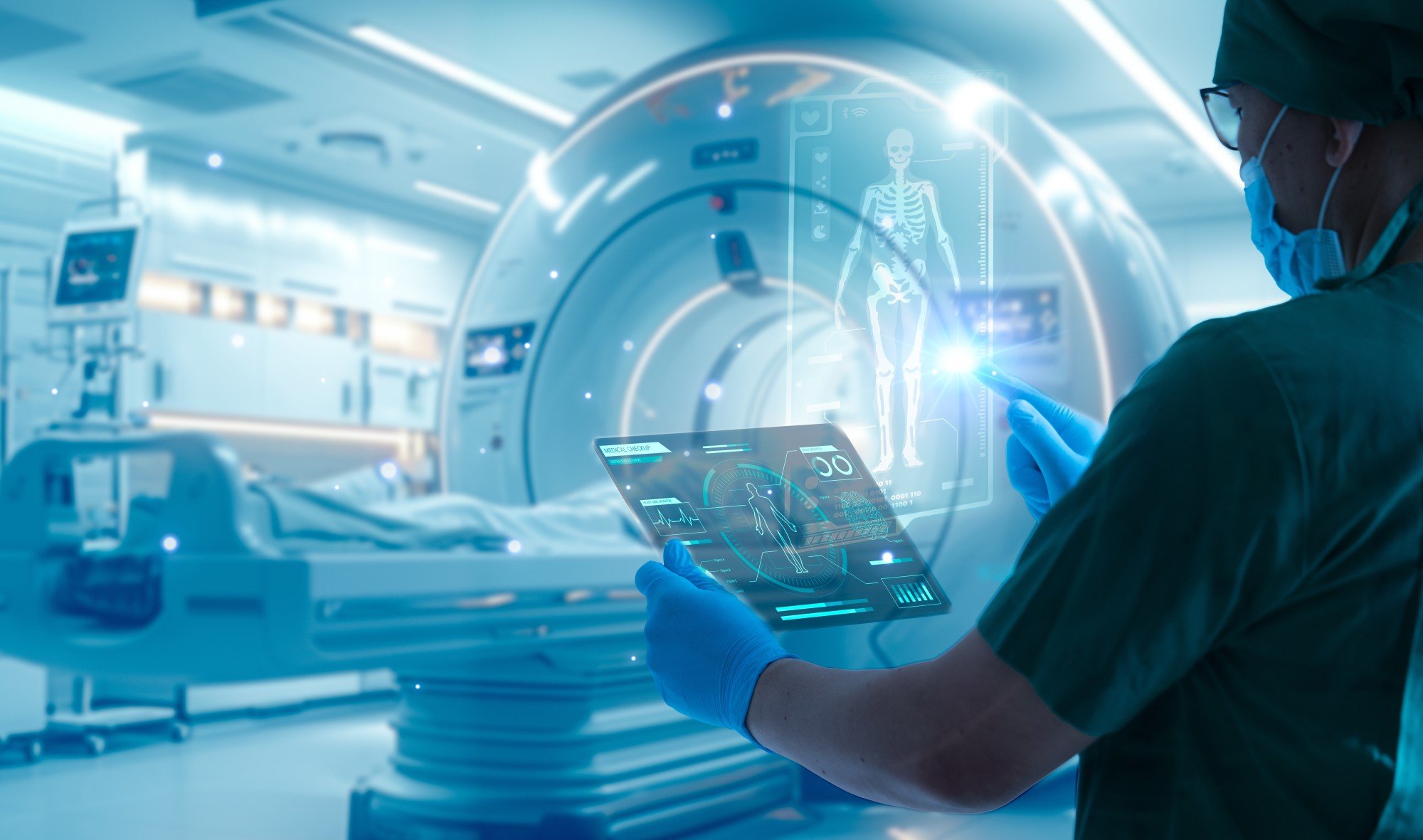India turns to AI in fight against glaucoma, boost early detection of disease
India is turning to artificial intelligence in a bid to curb the silent spread of glaucoma, a degenerative eye disease that threatens to blind millions amid acute shortages of trained specialists and uneven access to care across the country.
About 12 million people in India are thought to have glaucoma, according to various estimates, with about 1.2 million suffering from blindness related to the disease, accounting for 5.5 per cent of all blindness cases nationwide.
The disease damages the optic nerve, often without noticeable symptoms, leading to loss of vision if left untreated. The condition's asymptomatic nature makes early detection challenging, as patients often assume their vision is normal even as nerve damage is already taking place.
Do you have questions about the biggest topics and trends from around the world? Get the answers with SCMP Knowledge , our new platform of curated content with explainers, FAQs, analyses and infographics brought to you by our award-winning team.
"The disease is becoming a menace because a lot of cases are probably going undetected," said Anand Sivaraman, founding director of Remidio, a company developing AI-driven glaucoma detection systems.
People across South and Southeast Asia are more vulnerable to the condition because generally they have smaller eyes than Caucasians, which can affect fluid damage that gradually leads to the condition, according to Sivaraman.
Asia is expected to see a significant rise in glaucoma cases, with an estimated 27.8 million additional cases by 2040, studies have shown. According to the World Health Organization, glaucoma is the most common cause of irreversible blindness across the globe.
The eye has a natural pressure, like a water-filled balloon, which comes from a fluid called aqueous humour, which is constantly made and drained. If this balance is disturbed, pressure builds up, hurting the nerve fibres and affecting vision.

India's vast and varied geographical expanse, divided into 30 states and eight territories, poses a humongous challenge for medical professionals. Remote areas are dependent on healthcare centres that lack the latest medical equipment or specialist doctors, compared to large hospitals.
According to Sivaraman, there are only about 750,000 doctors who are trained retina specialists for the country's 1.4-billion population who can diagnose and treat the condition at an early stage, but even these professionals are often busy treating a variety of diseases.
General ophthalmologists too were often not able to detect glaucoma at an early stage, he said, noting that they would often look for conditions such as cataracts - a clouding of the eye's lens.
AI tools could help address these challenges by analysing retinal images to detect subtle changes that could indicate glaucoma, prompting timely referrals for further examination, Sivaraman said.
Many people in field-based jobs such as farming only become aware they have glaucoma when they begin losing peripheral vision - the ability to see objects outside their direct line of sight - by which time the damage is often irreversible, according to Sivaraman.
"They don't know that it's because of an eye condition, so awareness is an issue," he said. The effect was even more acute because "once you have the problem, you don't know what to do, right? You don't know you have to go to an optometrist".
That meant only 10 per cent to 15 per cent of people with glaucoma were able to seek medical treatment at a stage when it could be managed, he said.

This is where AI steps in, according to Sivaraman, saying that primary health centres across India can help alert people to symptoms of glaucoma by using AI tools and apps to enable early detection.
The southern Indian state of Kerala has started working on maintaining such a record of individuals who are either prone or have the condition through retinopathy screenings of diabetic people.
Sivaraman noted that glaucoma was closely linked to lifestyle diseases such as diabetes, with nearly a third of diabetic people having been found to develop the eye condition as well.
"So for a slow-moving disease, it helps detect it early because while you may not have treatment, you have the ability to take care immediately and bring them into the care pathway before there's loss of vision," Sivaraman said.
Each primary health centre in India roughly caters to a population of 50,000 people.
Sivaraman said the points of testing and detection could also serve as centres for treatment, adding that people could be brought into the screening process even during routine eye examinations to check their vision.
Remidio is now working with the Indian government and ophthalmologists to frame national screening guidelines for glaucoma.

Medical experts say that technology such as AI and machine learning has the potential to revolutionise the landscape of preventive healthcare, especially in a country like India where doctors at state-run hospital networks are stretched to address health issues of a vast population.
The Indian pharmaceutical industry is also stepping up to check the disease. Last month, Akums Drugs & Pharmaceuticals Ltd launched a new therapy combining two medicines - Ripasudil and Timolol - to help control high eye pressure, a major cause of glaucoma.
Sudhir Kalan, chairman of India's National Digital Healthcare Task Force and chairman of the Institute of Minimal Access, Metabolic & Bariatric Surgery at Sir Ganga Ram Hospital in New Delhi, said the Indian government had realised the importance of the new technology and identified AI's applications in medicine as a priority area.
Experts say the use of AI can be transformative because it goes beyond preventive healthcare and warns patients about impending health risks for cancer, heart disease and glaucoma by analysing various parameters.
"It can tell whether a person is highly likely to develop glaucoma in three to five years," Kalan said, noting that AI could collate several health parameters simultaneously and pick up the warning signs of impending health conditions that even doctors might not always be able to identify.
Kalan also underscored the importance of collecting high-quality data from the public to ensure effective use of AI in treating health conditions.
More Articles from SCMP
Philippines offered 20 US F-16 fighter jets in major defence upgrade, amid China tensions
Hong Kong tree enthusiast on high alert for hill fires on Ching Ming Festival
Trump’s tariffs risk pushing Japan and South Korea closer to China’s economic orbit
China flight attendant bitten on arm after intervening in passengers’ clash over body odour
This article originally appeared on the South China Morning Post (www.scmp.com), the leading news media reporting on China and Asia.
Copyright (c) 2025. South China Morning Post Publishers Ltd. All rights reserved.
Comments
Post a Comment